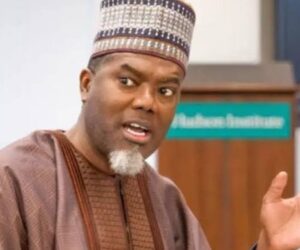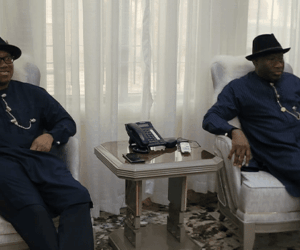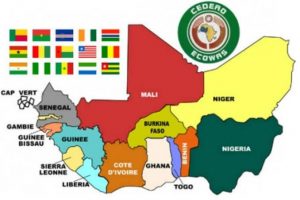6
As Nigerians mark the 65th Independence Anniversary of our dear country, two civil society groups, the Centre for Anti-Corruption and Open Leadership (CACOL) and the Committee for the Defence of Human Rights (CDHR) have congratulated the resilient citizens who they said have sustained the hope of democracy and nationhood despite all odds.
In two separate statements issued by the two organisations signed by Debo Adeniran, a veteran activist who doubles as Chairman and National President of both groups, respectively, they maintained that October 1 should ordinarily be a day of joy, pride, and celebration of progress.
While CACOL lamented that the Nigerian story had remained one of squandered opportunities, stunted growth, and unfulfilled potential, largely due to corruption and misrule, the CDHR, maintained that since independence, Nigeria had been blessed with abundant human and material resources, yet cursed by successive governments that had failed to manage them prudently.
CACOL maintained that the consequences of corruption stare Nigerians in the face, today, there is a high level of insecurity caused by diversion of security funds and lack of political will to protect citizens.
It stated that poverty and unemployment had worsened by leaders who plunder public coffers and stifle opportunities for young people.
It also stressed that there had been infrastructural decay despite trillions budgeted for roads, hospitals, schools, power, and housing over the decades.
CACOL lamented that the nation had been facing an economy in crisis, where inflation and debt rise while wealth is concentrated in the hands of a corrupt few.
It noted that there had been “high-level corruption scandals in virtually every administration – fuel subsidy fraud, pension scams, arms procurement fraud, COVID-19 palliatives diversion, and most recently the brazen looting within ministries and agencies.
“CACOL insists that Nigeria cannot continue to paper over these cracks while pretending to celebrate independence. True independence goes beyond lowering a colonial flag; it is about liberating citizens from oppression, deprivation, and corruption.”
It demanded a total overhaul of the anti-corruption fight to ensure it is not selective or politicised, even as it called for immediate strengthening of institutions like the EFCC, ICPC, and the judiciary to operate independently without executive interference.
Also, it demanded full implementation of transparency and accountability mechanisms in public finance management, including open budgeting and proactive disclosure of government contracts, as well as prosecution and punishment of corrupt officials, past and present, without fear or favour, as deterrence against impunity.
CACOL also called for massive investment of recovered loot into critical infrastructure, education, healthcare, and job creation.”
It stressed that corruption is not a government problem alone, but a societal cancer, even as it urged citizens to demand accountability from leaders at all levels and refuse to celebrate looters.
The CDHR, on its own stressed that while other developed nations have used independence to consolidate good governance, ensure social justice, guarantee security, and expand economic prosperity for their citizens, Nigeria was yet to maximise its full potential.
It stated: “Our democracy continues to face deep-seated challenges,” even as it called on the Nigerian government at all levels to prioritise security through reforms and strengthening of law enforcement agencies.
The CDHR also called for the diversification of the economy beyond oil and promotion of policies that encourage job creation and innovation.
It demanded massive investment in public infrastructure and social welfare systems to reduce poverty and improve citizens’ quality of life.
Also, it urged the government to intensify the fight against corruption by ensuring transparency, accountability, and the rule of law, even as it called for the deepening of democratic governance by protecting citizens’ rights, strengthening institutions, and guaranteeing justice for all.







